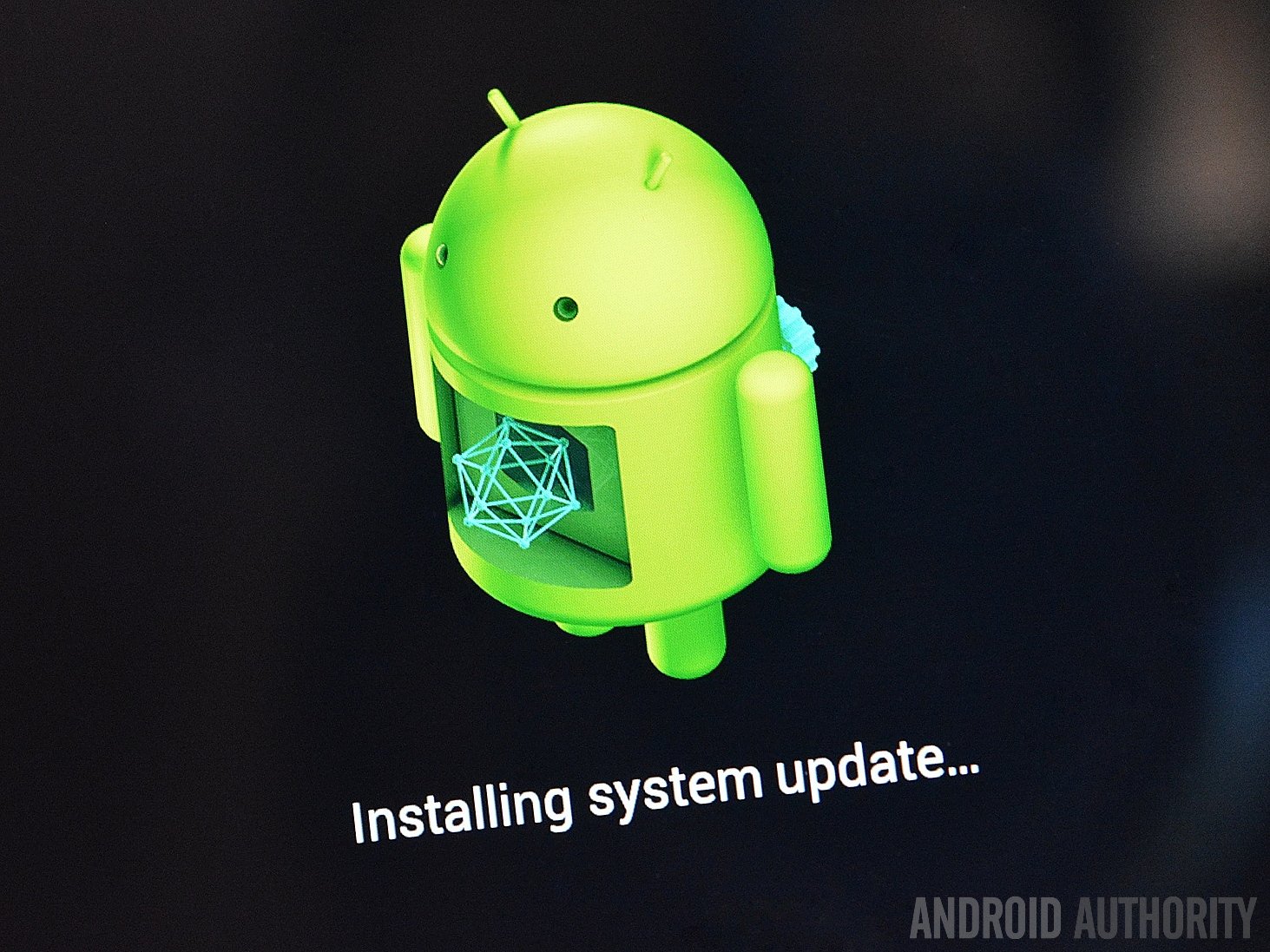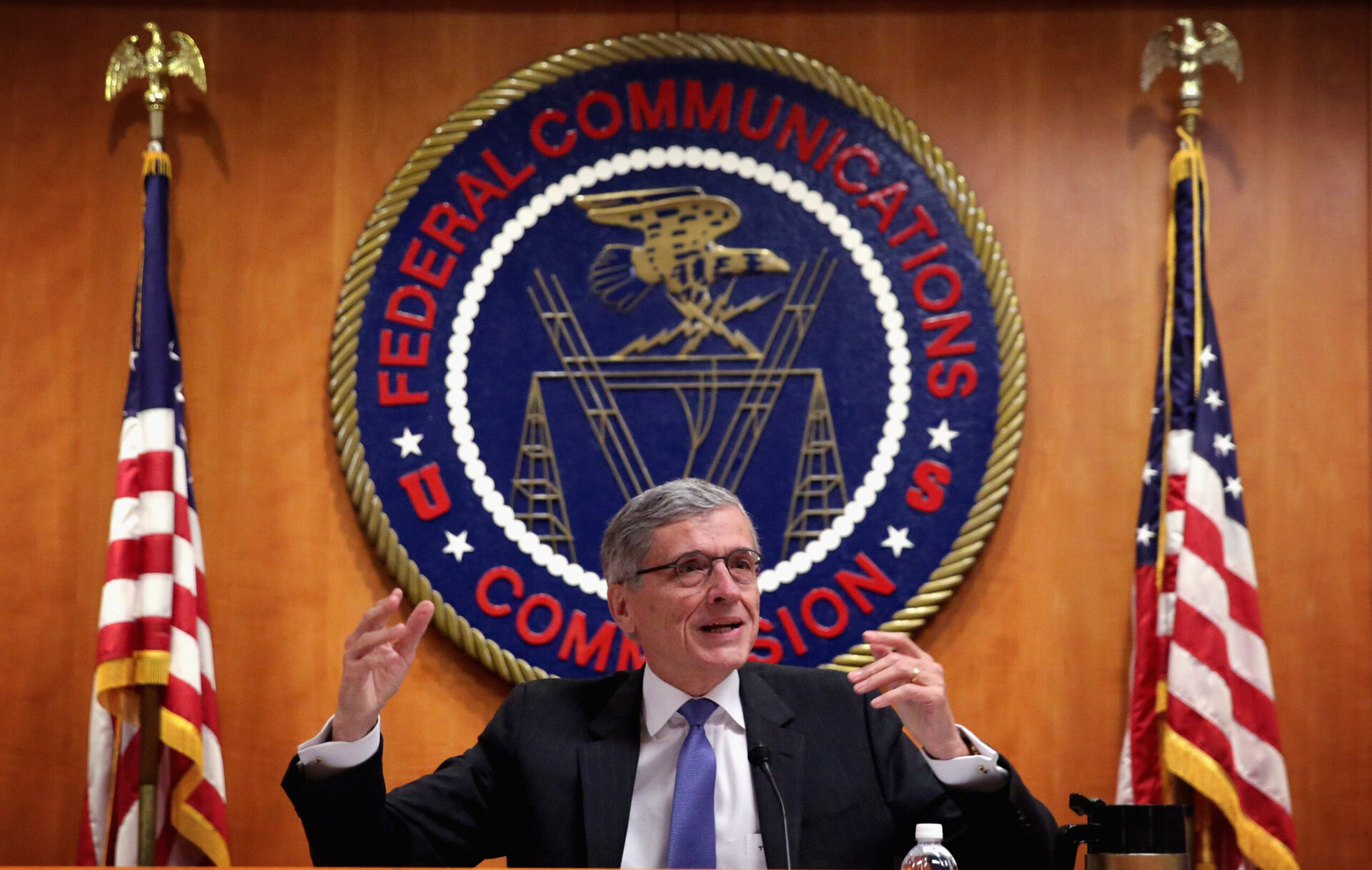Affiliate links on Android Authority may earn us a commission. Learn more.
Google might soon adopt passive-aggressive tactics to shame slow Android updaters

In the same spirit as your roommate who left pointedly vague Post-It notes next to that growing stack of dishes, Google might soon adopt a new tactic to ‘encourage’ partners to do their share of the housework regarding Android. The search giant has reportedly elected to create a ranking system to publicly shame manufacturers and carriers who are taking their sweet time to roll out updates to Android devices. The same system seeks to reward fast adopters by making the fruits of their efforts public knowledge.
Although such tactics are not a great way to create a stable flatmate ecosystem, they might be effective in helping to stabilize the ever fragmenting Android ecosystem. The challenges that Google faces when it comes to keeping their mobile OS secure are immense. Worse still, even if Google has the tools to address these challenges, the actual implementation of them in the form of patches, fixes, and updates is largely out of their hands. Since Android runs on such a diverse array of devices, making sure that security updates roll out to them largely falls carriers and manufacturers.

In the words of Android’s Hiroshi Lockheimer at Google I/O last week, “It’s not an ideal situation.” Lockheimer went on to refer to the process of rolling out updates as “the weakest link on security on Android.” This is why Google is taking matters into their own hands as much as they can by putting heavy pressure on slow updaters.
Google isn’t the only entity unhappy with carriers and manufacturers. Earlier this year, the FCC and FTC launched a formal inquiry to determine why these updates were taking so long. Carriers and manufacturers are having to submit documentation describing the process of rolling out updates in detail and justify the delays as best as they can.
What do you think of Google’s new initiative to coax and shove partners to make updates roll out more quickly? Have you experienced frustration with update delays yourself? Let us know your opinions in the comments below!